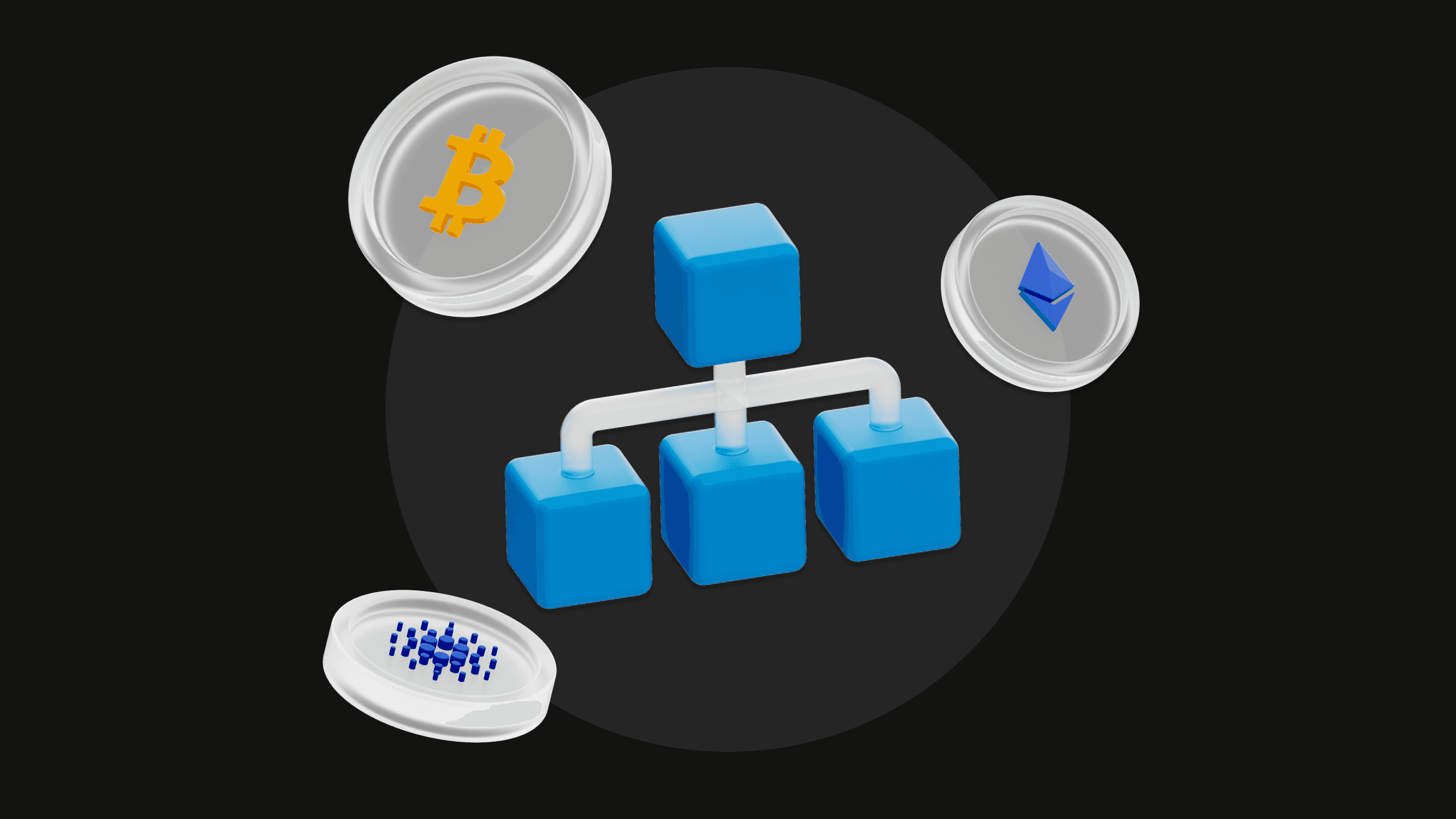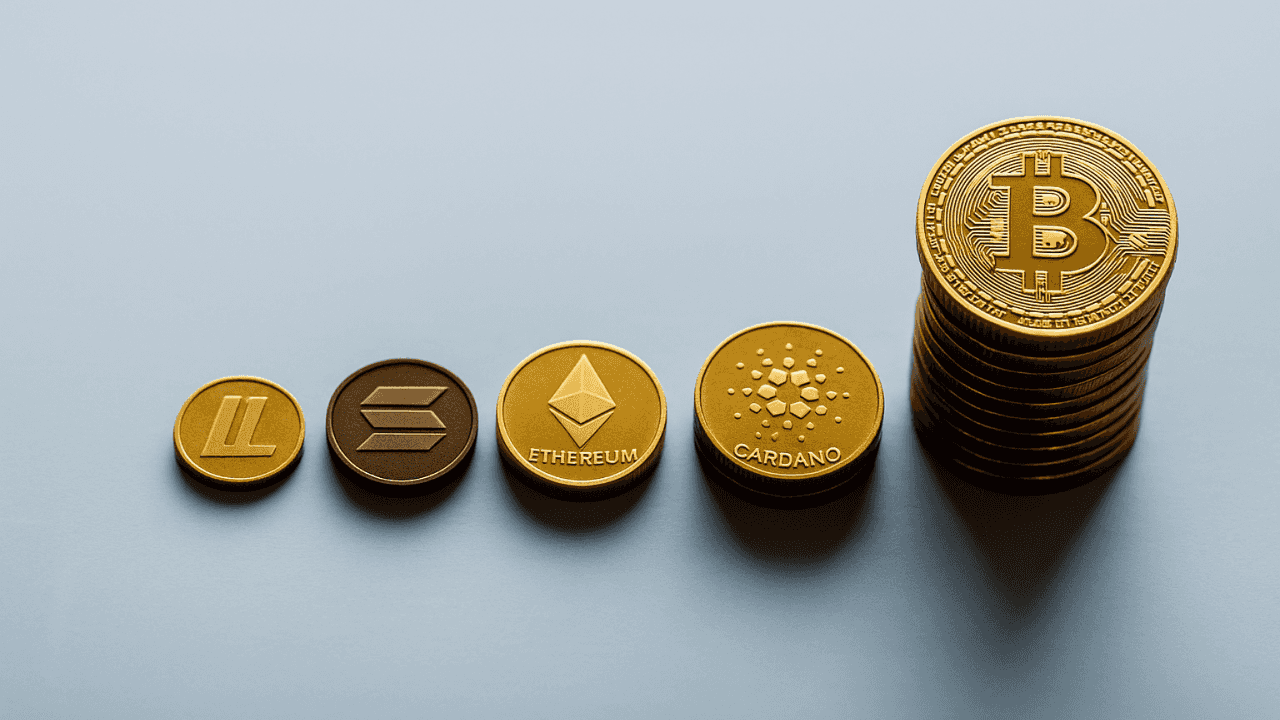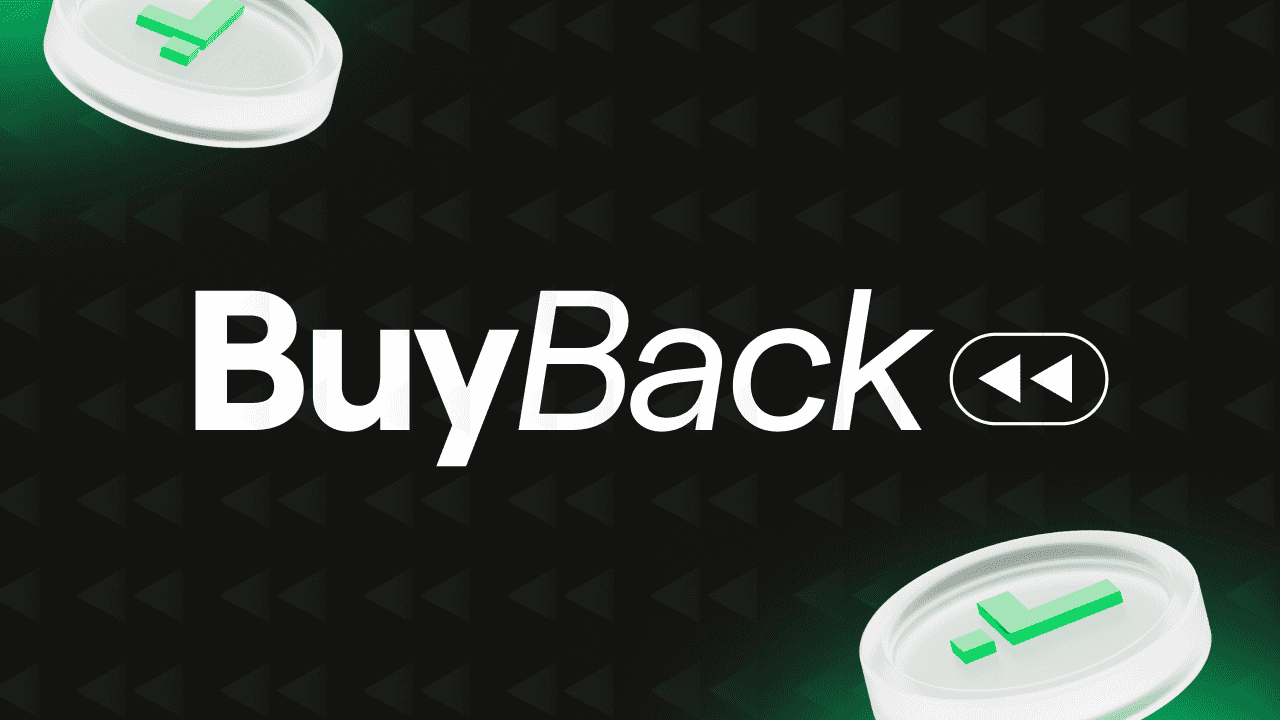
The applications of blockchain in business range from traceability to cyber security. Find out how to integrate it into your business
Companies today are increasingly data-driven, data that they collect, process and use to improve their products or operations. This is combined with the continuing trend of technology towards automation. The exemplary fruit of these two currents is artificial intelligence: think of how much data ChatGPT’s software alone requires.
AI, however, is not the answer to everything. So here’s why blockchain can facilitate both the management of data and its automation.
The problem of trust in data
Today we have a large surplus of data: data that is more or less useful, more or less truthful, more or less sensitive or accessible. Managing this information correctly from the source is crucial to protect both people and organisations.
The consequences can vary in scope: from fake news that makes us look bad, to a serious breach of privacy that leads to financial losses.
After all, the data we believe in and how we read it create our reality. When data is falsified for whatever reason, communication problems can arise. What happens if a service communicates wrong information to its customer, or if the error occurs between two partner companies? Trust is broken, the customer or partner is lost.
Not only that, the consequences can be even more serious: imagine what a mistake in a medical record or in the address of a parcel means.
But there are even more common examples that demonstrate the importance of trust in data. Would you buy a designer dress, knowing that it was produced through exploitation? Or organic food, knowing that it was not grown according to these parameters?
Unfortunately, there are many cases where producers ‘get away with it’, due to a lack of visibility of a product’s history, fragmented in so many places and intermediaries.
We have now surrendered to the normalcy that in all relationships, what cannot be controlled, must be left to blind trust. But it does not have to be that way.
Technology can help us in this too, and blockchain is especially perfect for replacing that margin of blind trust with justified trust. Let’s look at the various application cases.
Traceability and verifiability
Imagine the blockchain as a register of immutable data. No data can be changed: there is only one version of the facts, the original one.
In addition, it is not controlled by a single authority, but can be compiled and managed with the consent of all those involved in the system. This makes information impartial and shared.
This is music to the ears of those sectors that fight counterfeiting every day. Especially when it comes to luxury goods, the value often lies in the origin. If the origin is certified, the customer will have complete confidence in the value of the good and will be incentivised to buy it.
Not only that: counterfeiting represents the biggest challenge globally for legal documents, financial documents and goods such as pharmaceuticals or foodstuffs. It costs companies more than 7 per cent of their annual expenditure, amounting to almost $4 trillion each year on a global scale.
For fashion brands, counterfeiting represents illicit competition resulting in a loss of sales of more than $50 billion every year. So Louis Vuitton, Prada and Cartier collaborated to create Aura, a blockchain system that allows the history of luxury products to be tracked and reliably authenticated. Microsoft and ConsenSys, a company specialising in blockchain technology, were involved in developing the technological infrastructure.
The traceability and immutability of data is also crucial in the supply chain.
When integrated, blockchain can offer real-time visibility into the entire production and distribution process. This means that companies can monitor every step a product undergoes, improving overall efficiency and creating added value.
This is the case for Nestlé, which adopted blockchain technology to ensure the security of its supply chain, particularly focusing on ingredients used in the production of baby food such as puree and pouches produced by Gerber. This decision was influenced by events such as the salmonella contamination scare involving large quantities of baby milk powder in France in early 2018, as well as the E. coli outbreak affecting lettuce in the United States. In this context, ensuring food traceability has become paramount.
Security and privacy
The blockchain uses advanced cryptographic techniques to protect transactions and data. Moreover, since they are distributed networks, they do not have a vulnerable central point. This makes them resistant to intrusion: it is very difficult for anyone to try to hack or breach a blockchain network, as it would require a huge amount of resources and would be extremely complex. This feature greatly improves data security and minimises the risk of unauthorised access or data breaches.
In 2023, Statista’s analyses revealed that cybersecurity spending exceeded $71 billion. The following year, this figure increased by 11% compared to the previous year, reaching an impact of over $79 billion on businesses. Projections suggest that, although 2023 marked the most expensive period in the last decade for cybersecurity, 2024 is expected to surpass it significantly.
Engineers at the Defense Advanced Research Projects Agency (DARPA), the technology development wing of the US military, have developed a blockchain-based encrypted messaging system that allows US military personnel to exchange vital information in real time, anywhere in the world, without fear of interception by foreign hackers.
Staying in the context of data security, thanks to blockchain and the use of cryptography, the level of data privacy is highly programmable. One can choose a blockchain that only authorised persons have access to, with the aim of protecting sensitive data, or one can verify personal data without learning about it.
In any case, the recorded data is always immutable and shared by all participants.
It is no coincidence that applications in the field of digital identity and healthcare are among the most interesting.
One such company is Health Linkages, which leverages blockchain technology to promote transparent management of sensitive data, increase auditability of analyses and improve compliance in the healthcare sector. Thanks to Health Linkages’ blockchain, only authorised operators can share patient data. In addition, it records every single health event chronologically, providing physicians with a clearer picture for making medical decisions.
Discover opportunities for your business
According to research conducted by Fortune Business Insights, the size of the global blockchain technology market was estimated at $11.14 billion in 2022 and is expected to grow from $17.57 billion in 2023 to $469.49 billion by 2030, showing a compound annual growth rate (CAGR) of 59.9 per cent during the forecast period.
With the expanding growth opportunities in the market and the wide range of possible applications and use cases, more and more companies are making significant investments in this innovative technology. If you would like to find out how your company can integrate blockchain into its business model, please email [email protected] to access our white-glove services.
With the expanding growth opportunities in the market and the wide range of possible applications and use cases, more and more companies are making significant investments in this innovative technology. If you would like to find out how your company can integrate blockchain into its business model, please email [email protected] to access our white-glove services.
Discover our B2B services


